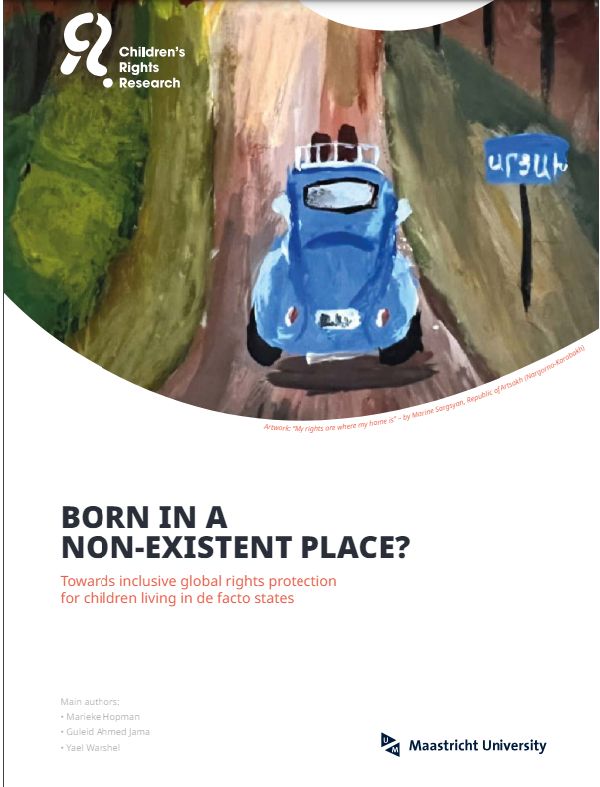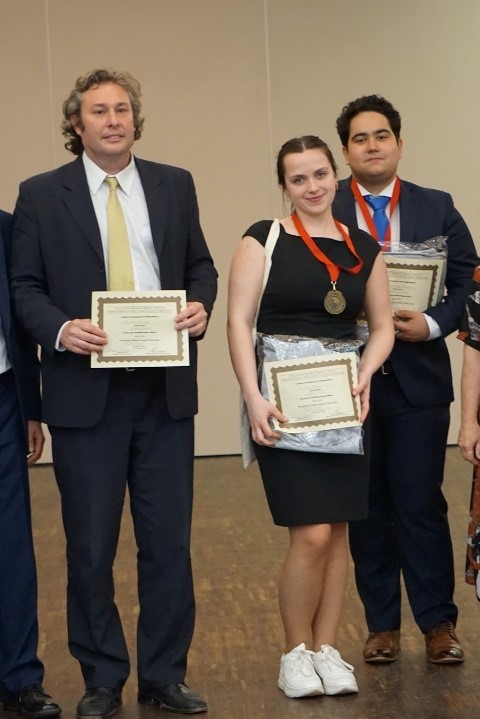Effective judicial protection in the EU: reality or illusion?
On 15 and 16 April 2021, the GLaw Research Network held the online workshop ‘Article 47 of the EU Charter and effective judicial protection: The Court of Justice’s perspective’. The two-day workshop has brought together the authors of the first of two volumes edited by Mariolina Eliantonio, Matteo Bonelli and Giulia Gentile, all members of the MCEL, on the interpretation and application of Article 47 of the EU Charter of Fundamental Rights. The two volumes are forthcoming with Hart Publishing in 2022.
The book project aims to fill the gaps in the literature concerning the principle of effective judicial protection, one of the cornerstones of the EU legal order, as reaffirmed in Article 47 of the Charter. It does so by exploring the constitutional role of Article 47 Charter, by offering a novel and comprehensive comparative study on the interpretation of this norm in selected EU policy areas, as well as the first ever study of the application of this provision in selected jurisdictions.
On the first day of the workshop, the presentations have covered constitutional aspects of the EU case law on Article 47 of the Charter. Giulia Gentile and Serena Menzione have opened the proceedings with a presentation on the Justice Title of the EU Charter of Fundamental Rights, and the interplay between Article 47 and the rest of the Justice provisions. They have highlighted the role of the Charter as an instrument to enhance justice in the EU. Michal Krajewski’s intervention has critically discussed the role of Article 47 in the context of the protection of judicial independence, by questioning the role that pluralism should have in the EU case law. Anna Wallerman Ghavanini and Clara Rauchegger reflected on whether Article 47 could constitute the legal basis for the transformation of the preliminary ruling procedure into an individual right to requests the interpretation of EU law from the Court of Justice.
The chapter of Matteo Bonelli has moved on to synergies between Article 47 Charter and national procedural autonomy. Building on existing literature, he submitted that Article 47 works as an acceleration tool to facilitate the intervention of the Court of Justice with regards to national procedural rules. Mariolina Eliantonio and Olivier Dubos have presented another facet of the impact of Article 47 Charter in the Member States, being its absent role in the field of the res judicata. The silence of Article 47 in this area cannot pass unobserved and raises questions on judicial narratives and the value of Article 47 beyond the existing principles. Finally, the chapter of Allison Östlund has highlighted the uncertain influence of Article 47 Charter in the field of ex officio application of EU law. She argued that there is something new added by Article 47 in this area, but the impact of this provision is not tangible yet. The authors have benefitted from the comments and discussion of Rob Widdershoven.
On the second day of the workshop, the speakers have discussed the application of Article 47 of the Charter in selected EU policy areas. Andriani Kalintiri has started the proceedings by discussing the role of Article 47 in the competition field as an instrument of fairness and of constraint for the power of action of the Commission. Subsequently, Roberto Caranta has highlighted the limited impact of Article 47 in the public procurement field, in which EU secondary legislation appears to dominate and limits the influence of the Charter. Marcelle Reneman has illustrated the application of Article 47 in the field of migration, by pointing out its positive influence and underexplored potential in this policy area. The presentation by Kathleen Gutman has followed. She has offered a comprehensive overview of the role of Article 47 in the non-discrimination case law and has described the synergies between the principles of effective judicial protection and of non-discrimination. Ludwig Krämer has then discussed the case law on Article 47 in the environmental field and debated the controversial limitations to standing before the EU courts in the light of the EU principle of effective judicial protection. Finally, Aikaterini Pantazatou has presented the EU case law on Article 47 in the field of VAT, where tensions between the effective collection of VAT and the protection of fundamental rights often emerge.
The workshop has welcomed almost 100 guests from all over Europe and has prompted lively debate. The edited volume based on the proceedings of the workshop will be published in late 2022, followed by the second volume on the application of Article 47 of the EU Charter in selected Member States.
Also read
-
MCEL is organising a seminar featuring Prof. Eleftheria Neframi on the constitutional limits to sustainable development in the EU's external action.
-
The Children’s Rights Research team worked on a report that shows how the rights of children in de facto states can be included in de United Nations human rights monitoring and reporting cycles.
-
The international finals of the Brown-Mosten International Client Consultation Competition (ICCC) took place in Lublin, Poland, in the second week of April 2024. The finals were organized by the Catholic University of Lublin. Teams from 22 countries from all over the world participated.
- from Faculty of Law



